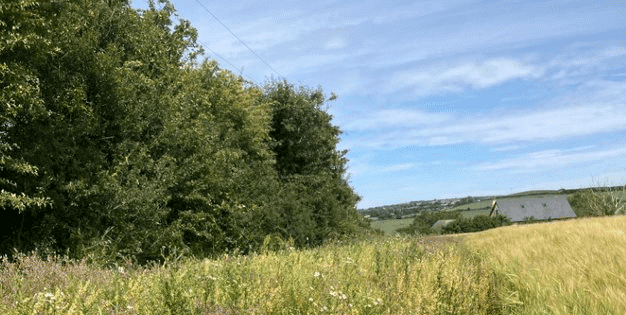A unique opportunity for researchers, farmers, educators and support agencies to network, learn and discuss Regenerative Agriculture.
As part of the REGINA Erasmus+ project, SECAD is holding a Regenerative Agriculture workshop in the Midleton Park Hotel on Thursday, 4th April 2024.

This workshop will offer a unique opportunity for researchers, farmers, educators, and support agencies to network, learn and discuss Regenerative Agriculture along with our REGINA Erasmus+ European partners from Hungary, Italy, Slovenia and Greece.
With guest speakers from the farming community, academia and support agencies, the workshop will facilitate discussion amongst those who share an interest in farming approaches which are compatible with environmental concerns and the fight against climate change.
Complimentary tea and coffee will be available and a light lunch served following the event.
Date: 4th April 2024
Time: 9.15 – 13:00
Venue: Midleton Park Hotel
For more details and to register, please visit: Invitation to the Regenerative Agriculture in Ireland Workshop.
Click here for more on SECAD’s Regenerative Agriculture project.
This project is funded through the European Erasmus+ Project. For more information:





